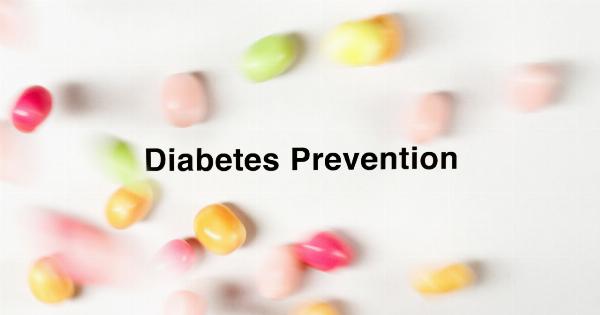The teenage years can be challenging for both parents and their children. Adolescents are going through a lot of changes, both physical and emotional, and it can be hard for parents to know how to support them during this time.
However, with the right guidance, parents can help their teens grow and thrive. In this article, we’ll explore some strategies that parents can use to support their children during the teen years.
Provide a Safe and Supportive Environment
One of the most important things that parents can do during the teenage years is to provide a safe and supportive environment for their children.
This means creating a home that is free from physical and emotional harm, where teens feel loved and accepted. Parents can do this by setting clear boundaries around behaviors that are not acceptable, while also showing empathy and understanding when their children make mistakes.
They can also show support by listening actively to their teens, providing emotional validation, and helping them navigate difficult emotions and situations.
Create Opportunities for Positive Growth
During the teenage years, teens need opportunities to explore their interests and develop new skills. Parents can help by creating opportunities for positive growth.
For example, they can encourage their teens to join extracurricular clubs, volunteer in their communities, or take on part-time jobs. These experiences can help teens build their confidence, develop new social connections, and gain valuable life skills.
Model Healthy Behaviors
Parents are also important role models for their children, especially during the teenage years. To help their teens grow and thrive, parents need to model healthy behaviors themselves.
This means taking care of their physical health, managing their own emotions in positive ways, and engaging in constructive problem-solving. When parents model these behaviors, they show their teens what it means to be resilient and adaptable in the face of challenges.
Encourage Independence
As teenagers grow and develop, they need to learn how to become independent individuals. This can be hard for parents, who may be used to taking care of their children’s needs.
However, it’s important for parents to encourage their teens to take on more responsibility and make their own decisions. This might mean allowing them to choose their own clothes or deciding which after-school activities they want to participate in. By doing so, parents can help their teens develop a sense of autonomy and self-confidence.
Stay Involved and Connected
As teens grow more independent, it can be easy for parents to feel disconnected or isolated from their children. However, it’s important to stay involved in their lives and maintain a close connection.
This might mean sitting down for regular family meals, attending their extracurricular events, or simply engaging in casual conversation throughout the day. By staying connected, parents can help their children feel supported and loved, even as they grow and change.
Provide Guidance Around Risky Behaviors
Finally, parents need to be aware of the risks that teens may face during the adolescent years. This might include experimenting with drugs or alcohol, engaging in risky sexual behaviors, or engaging in dangerous activities like driving too fast.
Parents can help their teens stay safe by providing clear guidance around these issues, setting reasonable constraints around their behavior, and being involved and vigilant to potential risks.
Conclusion
The teenage years can be challenging for both parents and their children. Adolescents are going through a lot of changes, both physical and emotional, and it can be hard for parents to know how to support them during this time.
However, by providing a safe and supportive environment, encouraging positive growth, modeling healthy behaviors, supporting independence, staying connected, and providing guidance around risky behaviors, parents can help their teens grow and thrive. With the right guidance and support, parents can help their children navigate the teenage years successfully and emerge as confident, capable, and resilient young adults.






























